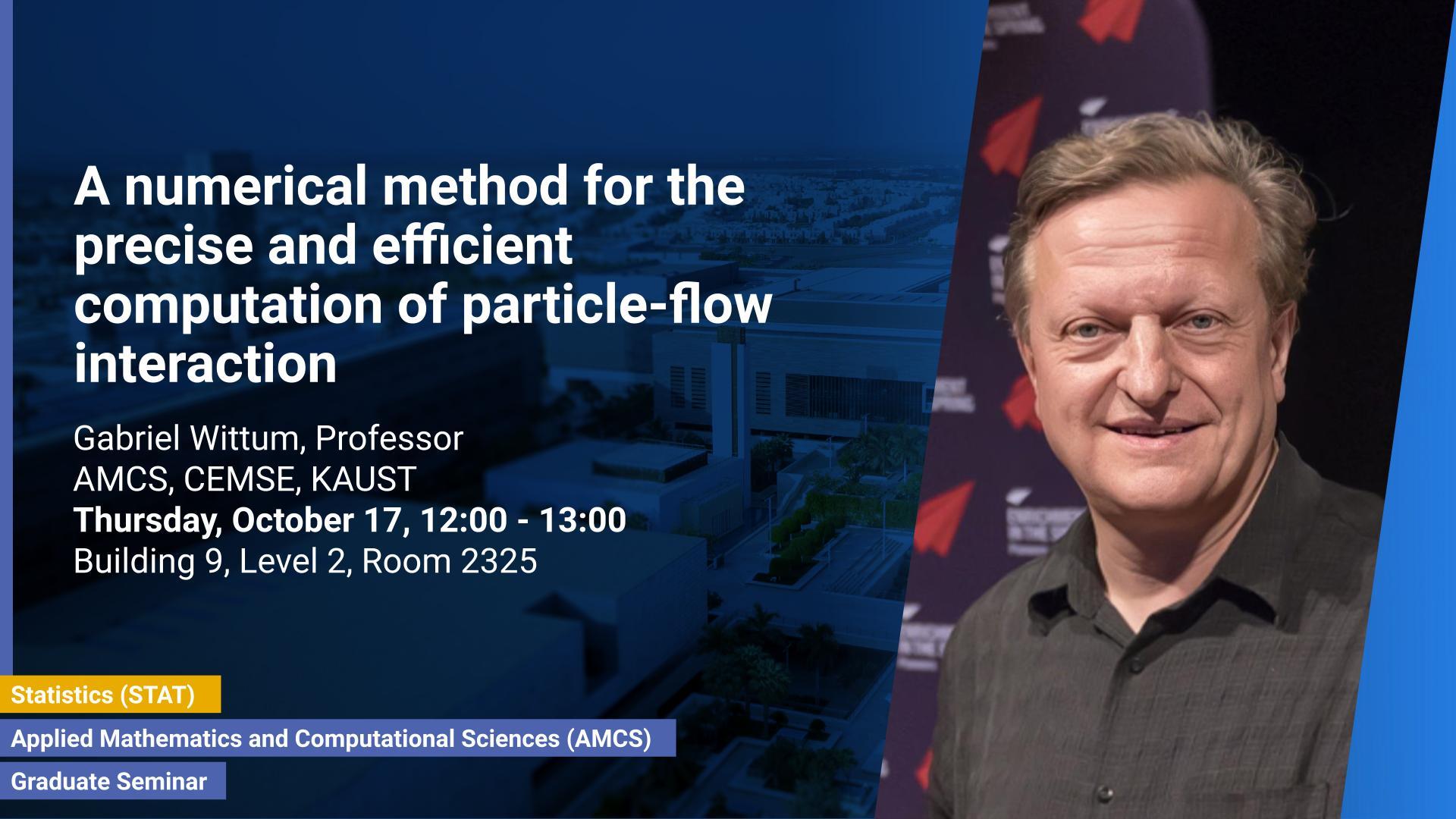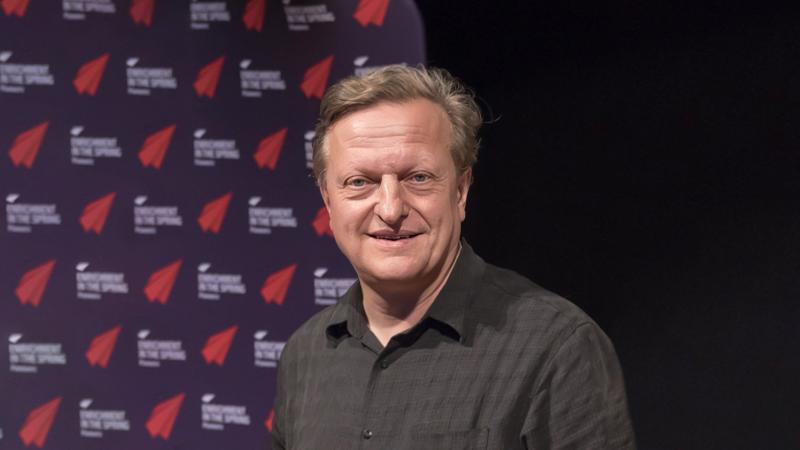Abstract
We present a doubly enriched finite volume method for precisely computing highly dynamic fluid-particle interaction. This involves forces beeing exchanged between the particles and the fluid at the interface. In an earlier work we derived a monolithic scheme which includes the interaction forces and rigied-body motions into the Navier-Stokes equations by extending the test space. In highly dynamic particle-fluid interaction cases, pressure oscillations are a common issue. The surface force term yields a jump in the pressure and therefore the oscillations are usually resolved by extending the spaces on cut elements in order to resolve the discontinuity. For the construction of the enriched spaces proposed in this talk we exploit the Petrov-Galerkin formulation of the vertex-centered finite volume method (PG-FVM). From the perspective of the finite volume scheme we argue that wrong discrete normal directions at the interface are the origin of the oscillations. To cope with these oscillations, we additionally extended the ansatz space by what we call flat-top functions, which are cut off at the interface. We tested our doubly extended method with a falling ellipsis problem and the well-known Drafting-Kissing-Tumbling (DKT) problem by Joseph. The results are convincing wrt. speed and precision. Computations were carried out in parallel using the UG4 simulation system.
Brief Biography
Dr. Wittum studied Mathematics and Physics at the University of Karlsruhe (Diploma 1983) and got his PhD (Dr. rer. nat.) from the University of Kiel (1987). At the University of Heidelberg he did his habilitation (1991) and got his first professorship in Numerical Analysis. He then was director of the Institute for Computer Applications at the University of Stuttgart (1994-98) and of the Simulation in Technology Center at the University of Heidelberg (1998-2008). In 2008 he moved to the University of Frankfurt as Director of the Gauss Center of Scientifc Computing (G-CSC). His scientifc interests are developing models, methods and software tools for the efficient detailed simulation of problems from the empirical sciences. In particular topics like fast solvers for large systems of equations, multiscale numerics and homogenisation, natural discretisation methods, inverse modelling and optimisation and the development of simulation software systems. He also works on numerical methods for high dimensional problems, numerical geometry and visualisation. His research contributes to Computational Medicine, Pharmacy and Neurosciences as well as Economics, Environmental Science and Energy Technology.

